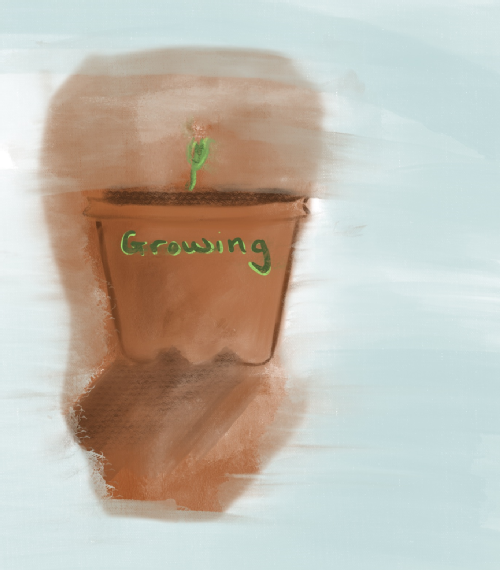Inca Hide-Wright: Psychology – Warwick Business School

What degree course did you study and when did you graduate?
I completed my BSc (Hons) in Psychology which I graduated from in July 2022.
Why did you choose that particular degree course?
If you are interested in better understanding the psychology of humans and animals, whether you would like to better understand emotions, cognition, or behaviour, you may want to consider completing the University of Warwick’s BPS accredited degree in psychology. It was the level of diversity, and how I found psychology both challenging and deeply insightful, that encouraged me to pursue psychology beyond A-level.
One of the things I enjoyed most about this degree was the range of optional modules and how you could also choose modules from different departments such as sociology, economics, and education. Being able to take outside optional modules provides you with the opportunity to think about what you have learnt so far from a different perspective as well as further challenge yourself and thus, continue to broaden your knowledge.
Initially, when I began my degree, I was working towards becoming an art psychotherapist however, by year two of studying I started thinking more about becoming an educational psychologist, and then, through taking the ‘Placement, Outreach and Engagement’ optional module I discovered my enthusiasm for public engagement and project management. This not only highlights the diverse and numerous careers you can enter after completing a degree in psychology, but it also illustrates how important it is to follow your subject interests within and outside of the university community and, it is ok to not always know exactly what you want to do all the time. Afterall, openness to opportunities and experiences has many benefits such as, making connections and broadening your knowledge and experience.
Tell us about your employer
Currently, I am working through Unitemps for Warwick Business School as a Project Officer, where our customer base for the Warwick Business School is higher educators. I am also working as a Research Assistant with the Education, Psychology and Widening Participation departments at Warwick and Brimingham University, where focus lies with young careers with the aim of making higher education opportunities more accessible and better supported for them.
What was the position you were recruited for. Please briefly outline the position you were recruited to within your organisation and summarise the business needs and role you fulfil
Currently, I am working for Warwick Business School as a Project Officer on a project regarding learner experience whereby we are utilising design thinking to working towards a design symposium and the creation of a toolkit that can be used by higher education staff and students to further their impact within the sector. My role includes branding creation and development, engaging potential stakeholders, co-creating and planning the design symposium and toolkit, as well as collecting and analysing data for research reports and project impact purposes.
What attracted you to this position?
The need to further explore what I do not know and what I would like to learn more about as, during my time at university, I took part in one of the Warwick Secret challenge which introduced me to design thinking. I really enjoyed learning about and how to apply design thinking because of its applicableness and how it encouraged creative thinking and problem-solving. Therefore, the idea of collaborating within a small team to create something that could have such a positive impact on the higher education sector very much excited me.
What are the key skills you learnt at Warwick that have helped you with your career to date?
- Confidence- in myself and my abilities. I have been exposed and encouraged to explore new opportunities and people I would not have experienced otherwise.
- Research skills and the handling of different types of data.
- Openness to opportunities, including ‘failure’- sure something can go wrong but you can reflect, learn, and apply this new knowledge to future endeavours. Warwick can provide you with the possibility to engage with hundreds if not thousands of opportunities and experiences and from such opportunities and experiences come many more possibilities, connections and ideas.
- What is meant by ‘effective teamwork’ and how to do this within an intercultural team and across time zones.
- Greater self-awareness and acceptance that one cannot do it all and that being honest about not knowing can provide numerous learning and development opportunities.
What has been your greatest career challenge to date and how did your experience and skills help overcome it?
My greatest career challenge to date is feeling lost because I do not always know what my exact career game plan is. However, because of my openness to conversations and opportunities, and my enthusiasm for learning and challenging myself, I reach out to others, I scour different websites such as LinkedIn, Unitemps, I get inspired, and I use this motivation to push me on, so I do not get bogged down in self-doubt. Everyone has the capacity to make a positive difference.
What top tips would you give to students looking for a career in your market sector?
Firstly, try to remain open to opportunities, rethinking and reflecting on what you are enthusiastic about and what you (do not) know as well as your past experiences.
Try to be kind and honest with yourself and others as this can help better manage workload and expectations, as well as enable effective teamwork and communication.
Thirdly, it is better to apply/put yourself out there and receive a ‘no’, compared to not applying and limiting the opportunities and experiences that ‘could have been.’
Finally, you define what success means to you.
What do you know now that you wish you had known when you were applying for jobs?
You cannot plan for everything. It is ok to say no to opportunities that are no longer right for you.
